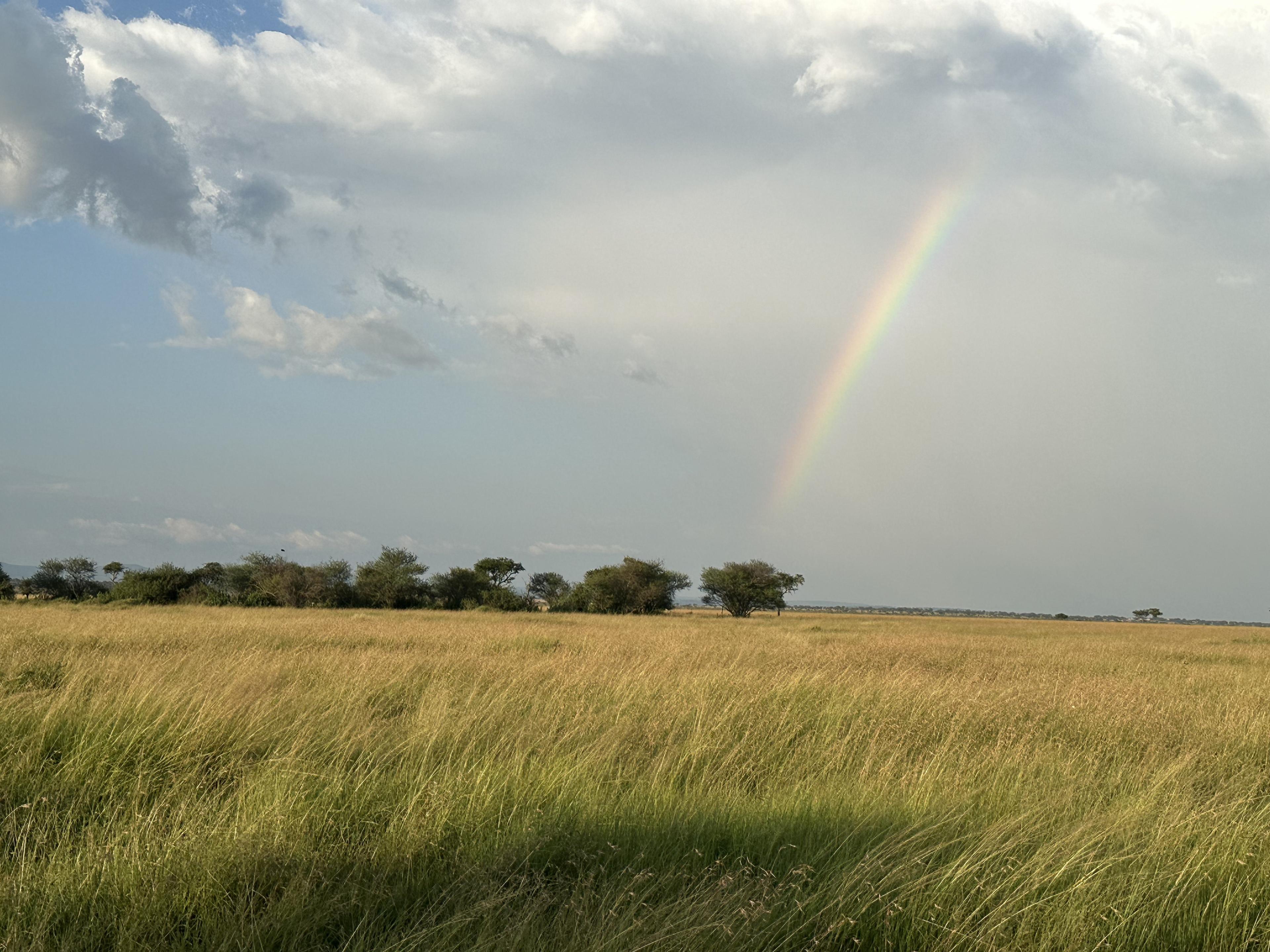Join/
Melissa's Travels
Five Tips for Mastering Jetlag
In the past year, I have traveled to Italy, France, Rwanda, Bolivia, Egypt, Saudi Arabia, South Africa and Zimbabwe. One benefit of this crazy schedule is that I can continuously put my jet-lag cures to the test. I haven’t completely mastered crossing time zones, but I have picked up certain tricks that allowed me to adjust very quickly with a minimum of discomfort. Here are some that I have found particularly effective:
- Adjust your body clock early. A few days before your departure, you can shift your sleeping and eating schedules to be closer to those you will be adopting at your destination. Headed to Europe from New York? Wake up a bit earlier each day and move your meals a bit earlier. Then, when you get on your 8 p.m. flight, set your watch to six hours ahead—to synchronize with the time in France, for instance—and go to sleep as soon as you get on board. Whether you use natural sleeping aids, like melatonin or magnesium, or prescription ones, try to sleep when you would be sleeping where you are going, and stay awake if it is daytime there. Tip: get a time zone app for your iPhone.
- Never eat on a flight. I got this advice from a Singapore Airlines stewardess on a commercial flight (since suspended): eighteen and a half hours from Singapore to New York. There are numerous theories as to why this helps. One is that there is so much salt in the airplane food to make it tasty that you become unnecessarily bloated and lethargic. Another is that at such high altitudes your digestive system slows down, just as it would if you were under anesthesia. Most people will tell you that they eat on planes not because they are hungry but out of boredom. I have found that not eating helps time adjustment. Tip: Eat something light and easy to digest just before a long flight.
- Hydrate inside and out. Pressurized cabins have superlow humidity levels (between 10 and 20 percent, versus a normal average of 40 to 70 percent). This dries out your skin and can make you sleepy. To counteract this, the best remedy is to drink plenty of water. To avoid having to wait for the steward to provide water refills, I bring a large bottle on board or ask for multiple bottles at once. Don’t drink coffee or alcohol, as they dehydrate. I wash my face as soon as I board (LaFresh face towelettes are great for travel). Then use a heavy serum and moisturizer with an SPF on top, since you are exposed to more UVB rays at high altitude. Tip: I love the organic Natura Bissé tinted moisturizers with UVB protection.
- Spend time in the sun. As soon as you arrive at your destination, try to get outside or somewhere inside where you are exposed to daylight so your natural melatonin levels can adjust to the new time zone.
- Resist napping for more than an hour. Even when you are exhausted, it is best not to give in to the urge to lie down and close your eyes. If you can’t resist, do not sleep for more than an hour. Longer naps will disrupt your body clock further, and it will be hard to get on the new schedule. Ideally, I try to fit a workout and a massage into my first day, as both seem to help if I am tempted to nap. Even a twenty-minute workout or massage is beneficial.
I hope these tips help ease your travels, and if you have other suggestions, please share them.
Plan Your Trip With Us
We only feature hotels that we can vouch for first-hand. At many of them, Indagare members receive special amenities.
Get In Touch


